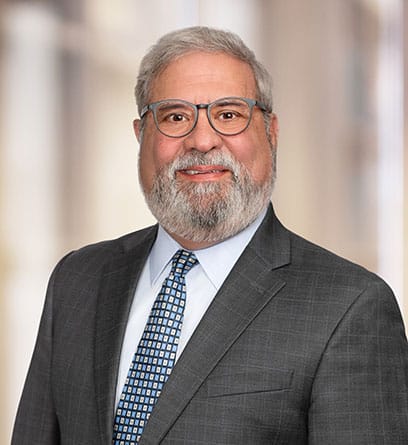On February 22, 2023, the Department of Justice (DOJ) announced a new Voluntary Self-Disclosure Policy establishing uniform, transparent guidelines for how United States Attorneys’ Offices (USAOs) will determine whether a company has made a voluntary self-disclosure and the benefits to the company for doing so. The policy was developed in response to a memorandum issued by Lisa Monaco, the Deputy Attorney General of the United States on September 15, 2022, Further Revisions to Corporate Criminal Enforcement Policies (Monaco Memo), which directed each DOJ component that prosecutes corporate crime to revise or adopt, as applicable, corporate voluntary self-disclosure policies that align with certain core principles. The USAO policy sets forth the criteria all USAOs will use in determining the appropriate resolution for companies that make a voluntary self-disclosure of misconduct, the expectations of the content of a voluntary self-disclosure, and the benefits of voluntary self-disclosures.
Generally, companies that voluntarily self-disclose misconduct by employees’ or agents’ can expect more favorable terms of criminal resolutions than if the government learns of the misconduct via other means.
Standards of Voluntary Disclosure
To qualify as a voluntary self-disclosure under the USAO policy, the USAO requires that the disclosure complies with the following standards:
- Voluntary. The self-disclosure must be made voluntarily by the company; there cannot be some other preexisting obligation to disclose.
- Timely. The timing of the disclosure must be made: (i) prior to an imminent threat of disclosure or government investigation; (ii) prior to the misconduct being publicly disclosed or otherwise known to the government; or (iii) within a reasonably prompt time after the company becomes aware of the misconduct, with the burden on the company to demonstrate the timeliness.
- Substantive. The disclosure must include all relevant facts known to the company concerning the misconduct. If not all facts are known, the company should clarify any lack of knowledge and make efforts to conduct an investigation to discover additional information.
Benefits of Voluntary Self-Disclosure
To incentivize self-disclosure, cooperation and effective compliance programs, the USAO policy outlines how the government offers more favorable resolution for companies that voluntary self-disclose, fully cooperate with the government and timely and appropriately remediate the misconduct. More specifically:
- The USAO will not seek a guilty plea, absent an aggravating factor, so long as the company has: (a) voluntary self-disclosed in accordance with the standards set forth above; (b) fully cooperated; and (c) timely and appropriately remediated the criminal conduct which must include the company agreeing to pay all disgorgement, forfeiture and restitution resulting from the misconduct. Aggravating factors which may, but will not necessarily result in the USAO seeking a guilty plea include, but are not limited to, misconduct that: (i) poses a grave threat to national security, public health or the environment; (ii) is deeply pervasive through the company; or (iii) involves current executive management of the company.
- The USAO may choose not to impose a criminal penalty against a company that complies with the policy requirements and, in instances where a penalty is warranted, the USAO will recommend reduced penalties that are at least 50%, and up to 75%, below the low end of the U.S. Sentencing Guidelines fine range.
- The USAO will not require an independent compliance monitor for a company that satisfies the policy criteria and demonstrates at the time of resolution that it has implemented and tested an effective compliance program. (See the Monaco Memo, Further Revisions to Corporate Criminal Enforcement Policies, for more information about how USAO prosecutors will evaluate a company’s compliance program.
- When a guilty plea is warranted against a company that has satisfied policy requirements due to the presence of an aggravating factor, the USAO will recommend reduced penalties to the sentencing court.
Although the USAO policy only applies to self-disclosures that satisfy all standards for self-disclosure, a company should consider whether to make a self-disclosure even if these standards are not fully satisfied as the government generally will consider any disclosure more favorably than non-disclosure, even if, for example, the timeliness standards are not met. Further, although applicable only for corporate criminal enforcement actions, the articulation of what constitutes a voluntary self-disclosure can also be instructive when considering any self-disclosure to the USAO.




